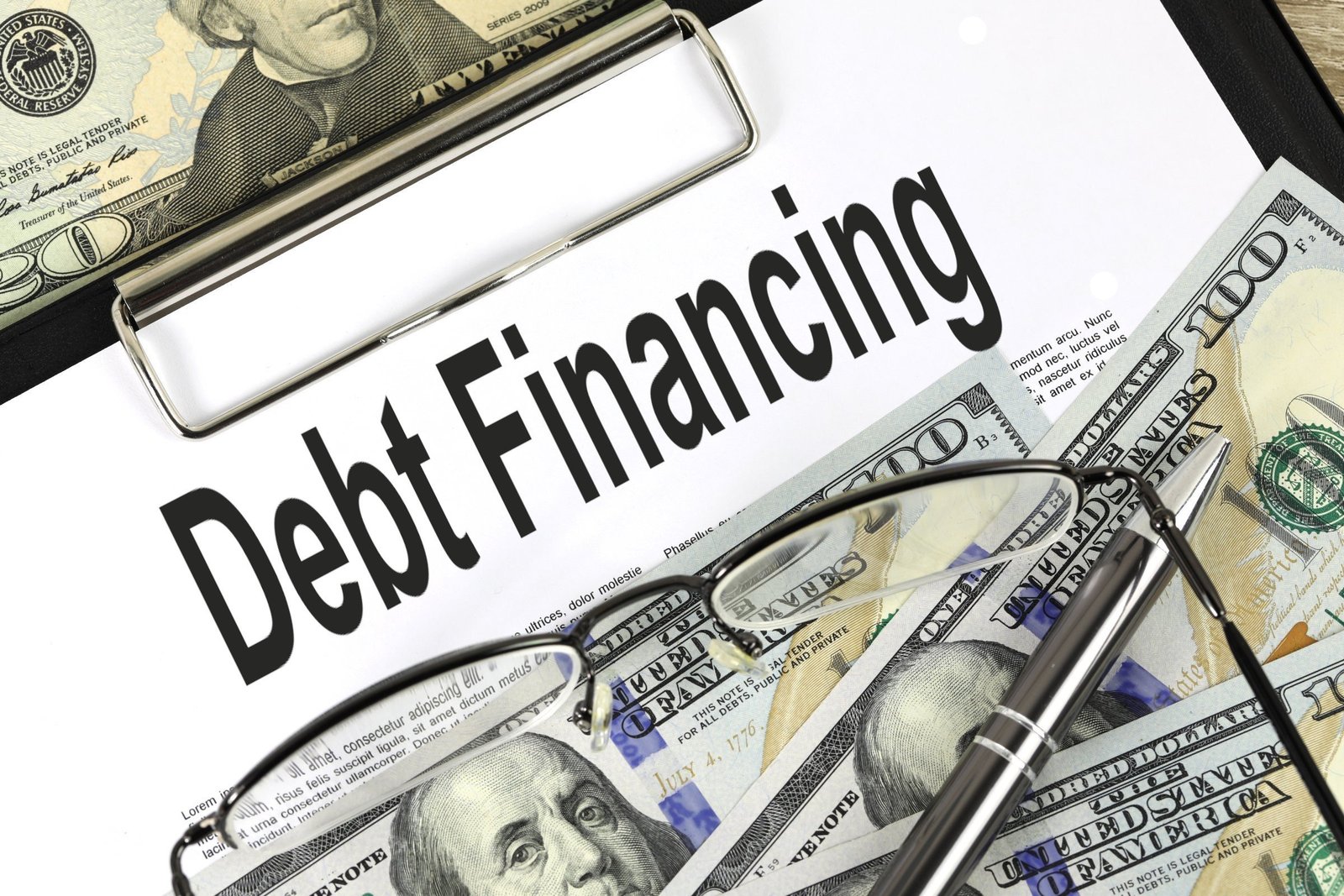Table of Contents
Being in debt is a pain we’ve all experienced. If not managed correctly, debt can spiral out of control and create even more debt. There are many different reasons for our financial woes. School fees and university tuition fees, buying a car or house, and unforeseen medical expenses can all contribute.
Are you in debt? Are you struggling to make ends meet? Are you just not sure how to tackle this debt monster that has appeared from nowhere? Powell Associates Ltd shows you how to get out of debt while making sound financial decisions that will affect you for the rest of your life. But it isn’t easy. It takes hard work, determination, and extreme self-control. Take a look.
Make a Plan
You can’t get anywhere if you don’t know where you’re going, and the same goes for financial goals like getting out of debt. When making your plan, the first thing to do is to list all your debts, creditors, interest rates, and minimum payments. You may be surprised at how much money is owed on those credit cards or student loans!
Once you’ve done this step, it’s time to work out what you can afford to pay each month. Calculate your monthly income (including any other sources of income). Ensure that this amount covers all your monthly expenses, including rent/mortgage payments, food costs, and phone bills. If it doesn’t cover everything, try reducing some of them until it does or cut back on some things so there is enough left over after paying off debts every month.
Go Over Your Budget
If you’re currently in debt, the chances are that your budget is not helping. If you don’t have a budget yet, create one! If you already have a budget, take the time to analyze it closely and see how much room for improvement.
- Look for places where you can cut back: Do you need all of those premium channels? Could your phone plan be cheaper? Can you make the same amount of food last longer by using leftovers or freezing some meals? Could a few fewer nights out at dinner help immensely? These are just some ideas on how to cut down on unnecessary expenses.
- Look for ways to increase income: Think about side gigs that could bring in extra cash—freelance writing or tutoring. You might also want to consider getting another job if possible so that more money comes in every month.
Have an Emergency Fund
A good rule of thumb is to have at least a month’s worth of expenses saved in the bank to pay your bills if you lose your job or suffer a medical emergency. If your income is inconsistent or volatile and you don’t make enough money to afford this, that’s okay—do what you can. It will still help protect against an emergency and give you extra peace of mind when saving up for other goals like buying a car or home someday (more on those later).
Request for Lower Interest Rates
While your lender may not lower your interest rate, you can make things much easier on yourself by asking for it. Lenders are always looking for ways to better their relationship with you as a customer, so you never know if your gentle nudge might get them to help you out. Plus, if they can lower the rate without risk, it is likely well worth their time.
Pay off the Highest Interest Debt First
The next thing to consider is what kind of debt you have. If you have a credit card with an APR of 30% and one with an APR of 3%, pay off the one with a higher rate first. First, paying off high-interest debts helps reduce your overall interest payments, freeing up more money for other expenses or investments.
When prioritizing where to spend extra funds, the third thing to consider is how fast the debt is accruing interest. For example, if you have $10,000 on credit cards with average balances and varying APRs, it would be wise to pay down any card accruing $100 in monthly interest before paying off another card with a lower balance but higher APR (or vice versa).
Whatever your financial situation is, the best advice is to keep an open dialogue with various professionals, including financial advisors, lawyers, and accountants. Without such a dialogue, you will mostly get non-actionable information like: “Get out of debt,” “Earn more money,” or “Make different spending choices.” It is not easy to address these issues as humans are naturally resistant to change. But once you sit down and open up an honest dialogue with your professional network, you are more likely to get advice that works for you.

